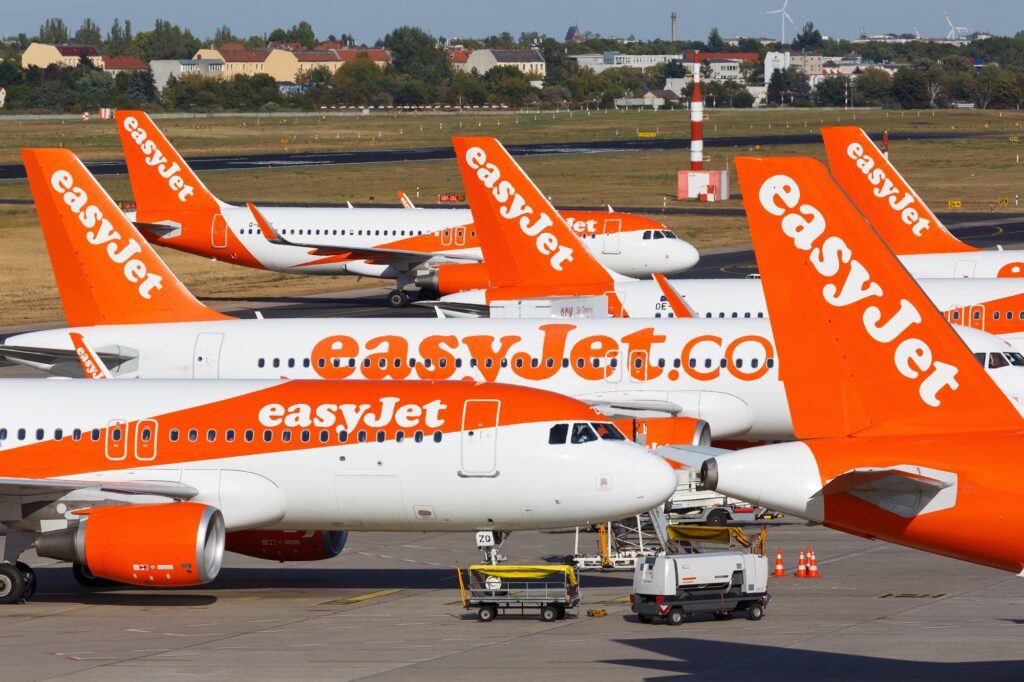Low-cost carrier easyJet sees the future of aviation for short-haul flights in hydrogen, according to Thomas Haagensen, easyJet’s European director.
The airline believes that hydrogen is the best way to reach net-zero emissions by 2050, despite huge industry investment in other options such as Sustainable Aviation Fuel (SAF).
While SAF may act as a bridging gap between the present and the future, easyJet is adamant about seeing hydrogen, with zero CO2 emissions, as the long-term answer.
“For our business model, the short-haul model, the end goal is net-zero emissions and net-zero technology,” Haagensen told EURACTIV.
He added: “We want to make sure that investments in [SAF] don’t distract from any investments in hydrogen, for instance, where we see the future of aviation for short-haul.”
On March 2, 2023, Universal Hydrogen, a startup headed by former Airbus CTO Paul Eremenko, announced completion of the first flight of its hydrogen-electric demonstrator.
The 40-seater Dash 8-300 is the largest hydrogen-electric aircraft to fly to this date, surpassing the previous record-holder, ZeroAvia’s hybrid-electric Do228, which made its maiden flight the previous January.
It is also the second largest aircraft ever to fly on hydrogen, after an experiment conducted by the Soviet Union in the 1980s with a Tupolev Tu-155 aircraft.
It’s this type of technology that airlines like easyJet could rely on in the future in order to reach net-zero emissions by 2050.
“Everyone needs to start thinking about the future technology and about hydrogen as a potential solution,” said Haagensen.

